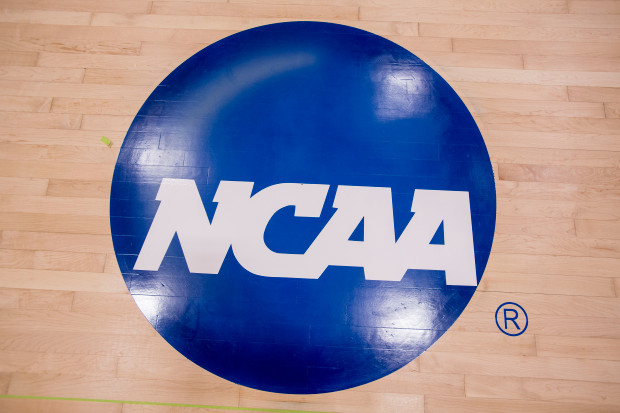One of the biggest topics of the past year in college athletics has been Name, Image and Likeness. As expected it quickly became the Wild, Wild, West to the tune of cryptocurrency and NFTs. On Monday the NCAA Division I Board of Directors issued guidance to schools on the intersection of recruiting and NIL.
The crux of the guidance was to offer a clear definition of what a booster is since boosters are prohibited from recruiting and providing benefits to prospective student-athletes. The definition was broadened to include “collectives” which are companies set up to funnel NIL deals to prospects and student-athletes that are in or considering the portal.
“Today, the Division I Board of Directors took a significant first step to address some of the challenges and improper behaviors that exist in the name, image and likeness environment that may violate our long-established recruiting rules. While the NCAA may pursue the most outrageous violations that were clearly contrary to the interim policy adopted last summer, our focus is on the future. The new guidance establishes a common set of expectations for the Division I institutions moving forward, and the board expects all Division I institutions to follow our recruiting rules and operate within these reasonable expectations,” said board chair Jere Morehead, president, University of Georgia.
Still supporting NIL
Board members have stressed that the NCAA is still in full support for student-athletes to be compensated for name, image, likeness. The purpose of the guidance was to provide clarity for the quickly evolving landscape of the NIL environment.
David Wilson, the President of Morgan State University, is a member of the Board of Directors.
The guidance was developed by a task force of national leaders with student-athlete opportunity at the forefront of discussions. Specifically, the guidance defines as a booster any third-party entity that promotes an athletics program, assists with recruiting or assists with providing benefits to recruits, enrolled student-athletes or their family members. The definition could include “collectives” set up to funnel name, image and likeness deals to prospective student-athletes or enrolled student-athletes who might be considering transferring. NCAA recruiting rules preclude boosters from recruiting and/or providing benefits to prospective student-athletes.
Board members acknowledged that more work must be done on what has become one of the driving forces in NCAA sports. The guidance is effective immediately. For any violations that occurred prior to Monday the NCAA enforcement staff will review each case on an individual basis.
